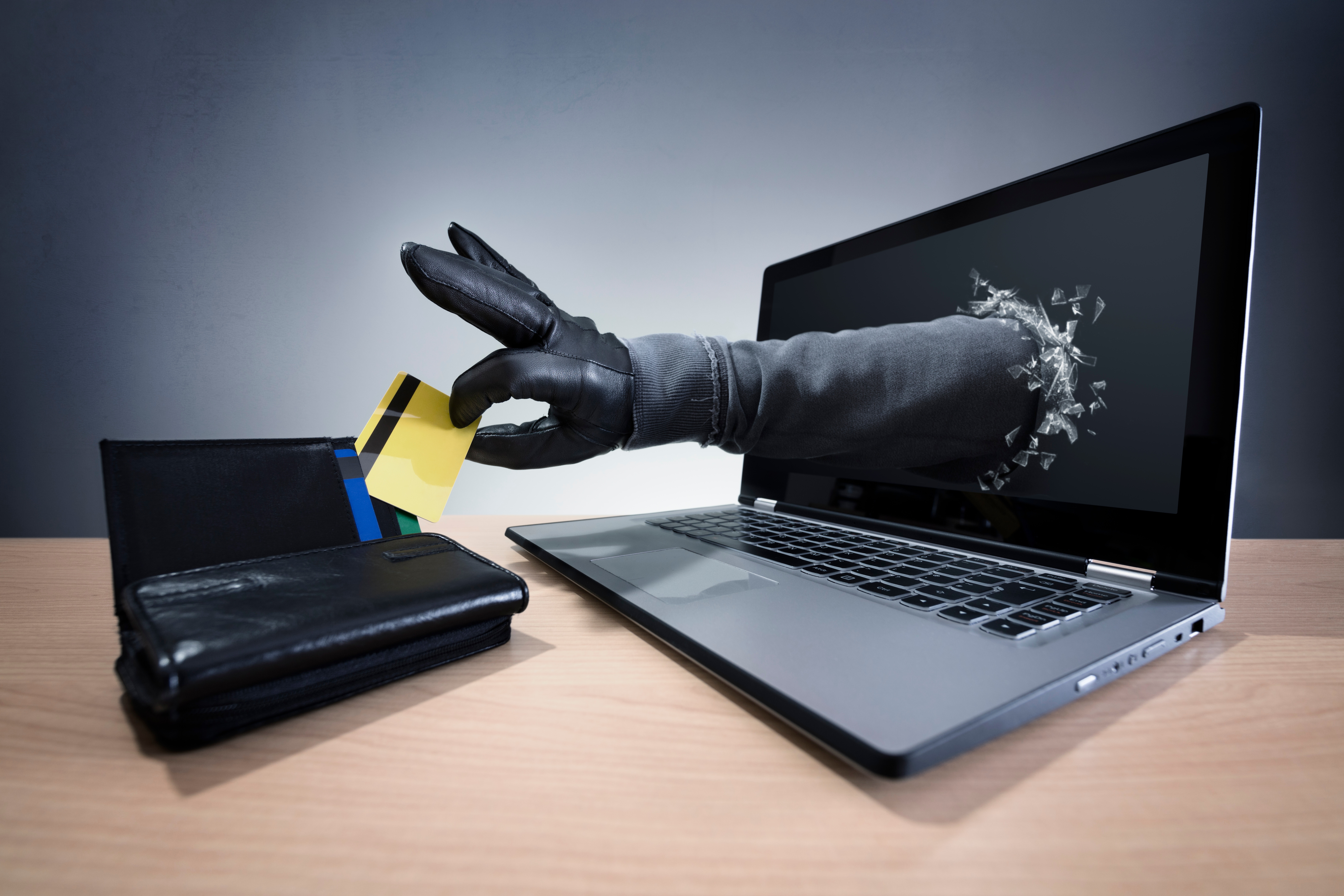 If you think you are a victim of identity theft immediately call police to file a report and contact the Federal Trade Commission identity theft hotline at 1-877-438-4338.
If you think you are a victim of identity theft immediately call police to file a report and contact the Federal Trade Commission identity theft hotline at 1-877-438-4338.
Identity theft is one of the biggest problems of today’s digitized world. It isn’t that identity theft never existed before the internet; it was just more difficult to both commit large scale damage with it and to be traced doing it. Here are three ways to combat identity theft for you and your loved ones.
Protect Your Information
Thieves love to find confidential information in the mailbox, steal wallets full of credit cards and identification, and go through trash to find forms and other information. Some steps to take to keep your information safe include:
-
Putting a hold on mail or having a friend or neighbor pick it up if you are not at home. Shred credit card offers, bills, and other statements with identification numbers on them.
-
Leaving your social security card at home in a safe, not in your wallet or purse. Memorize the number.
-
Taking care with credit cards. Cancel unused ones.
-
Not using public WiFi or internet service for anything personal such as shopping, bill paying, or checking balances.
-
Not giving out information over the phone if you did not initiate the call.
Become Knowledgeable and Aware
Truthfully, it isn’t if you will become a victim of identity theft, but when. If an identity thief is determined to steal yours, he or she will probably manage it. To make certain you find out:
-
Obtain your free annual credit report from each major credit reporting agency: Equifax, Experian, and TransUnion.
-
If you see any suspicious activity, put a security freeze on your file. Suspicious activity can be anything from seeing unknown credit cards in your name to unauthorized credit check.
-
Be aware that the deceased are targeted, too. Notify all of the deceased’s creditors and banks. Call all credit reporting agencies to place a deceased alert on file.
-
Not just the obvious personal identification, such as social security numbers, driver’s license numbers, and bank account numbers should be kept secure. Know that other data can be used to steal as well: Pet identification chips, utility account numbers, unsolicited credit card offers, public data (Vehicle ID numbers, address, phone number). Someone can even divert mail by filling out a change of address with the post office.
Get Help
Once it happens, getting evidence together quickly is the best thing to do. A private investigator can help you:
-
Gather documentation such as statements from the bank and credit company, receipts, and cancelled checks.
-
Interview witnesses.
-
Coordinate evidence with the proper authorities.
A private investigator can even help look through privacy policies for loopholes, locate information needed for a subpoena, and look into computer records for problems.
While nothing can stop a determined thief, there is no reason to make things easier for him. And every reason to keep an eye on your personal information. Damaged credit can take years to clear up and not every credit card or bank offers protection.
* Image courtesy of FreeDigitalPhotos.net




















